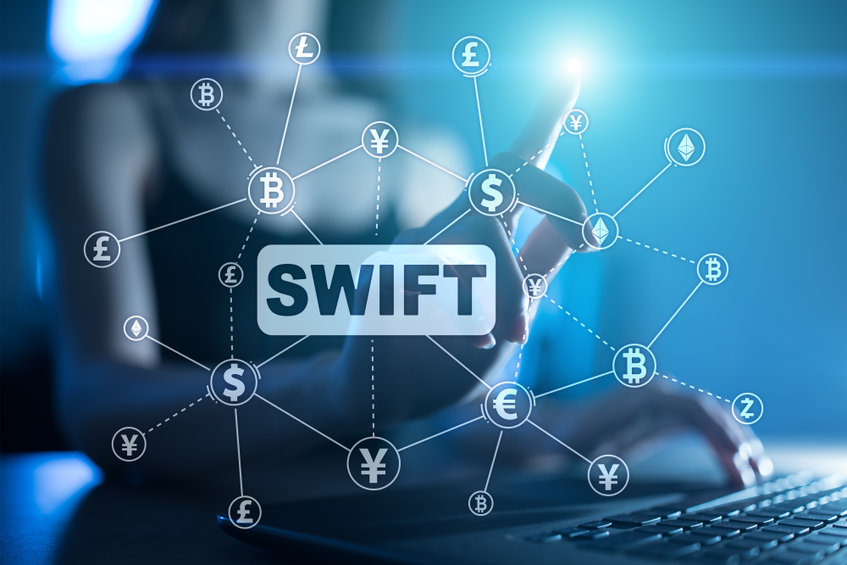The European Union, US, and UK agreed to exclude some Russian banks from Swift in an effort to hit the aggressor’s banking network and its access to funds, BBC wrote. Swift enables the smooth and rapid transfer of money across borders. It stands for Society for Worldwide Interbank Financial Telecommunication.
It’s like an instant messaging system that informs users about sending and arrival of payments, sending more than 40 million messages a day. Of these, over 1% is estimated to involve Russian payments.
Not the first country banned from Swift
Are you looking for fast-news, hot-tips and market analysis?
Sign-up for the Invezz newsletter, today.
In 2012, Iran was banned from Swift as part of sanctions over its nuclear program. As a result, it lost almost a third of foreign trade and around half of its oil export revenues.
The specific Russian banks to be removed will emerge in the coming days. According to a statement from EU, the US, the UK and allies:
This will ensure that these banks are disconnected from the international financial system and harm their ability to operate globally.
The goal is for Russian business to be deprived of access to Swift’s smooth and instant transactions. This will disrupt payments for its energy and agricultural products severely. Banks will have to communicate directly, causing delays and extra costs. Ultimately, the Russian government will lose revenue.
Russia’s alternatives
This is not the first time Russia has been threatened with removal from Swift. When it annexed Crimea in 2014, it faced the exact same threat, prompting it to develop its own cross-border transfer system known as Mir. Few foreign countries currently use it.
Russian banks might route payments via countries like China, which have not imposed sanctions and even support its moves. China has its own payments system.
Division over decision
Countries like France, Germany, and Italy are not sure Russia should be cut off from Swift. Russia is the main supplier of oil and natural gas to the EU, and it will be hard to find alternative supplies. Many European governments want to avoid further disruption with energy prices already soaring.
What’s more, companies whom Russia owes money would have to find alternative payment methods. According to some experts, the risk of international banking chaos is too large.
eToro
10/10
67% of retail CFD accounts lose money





